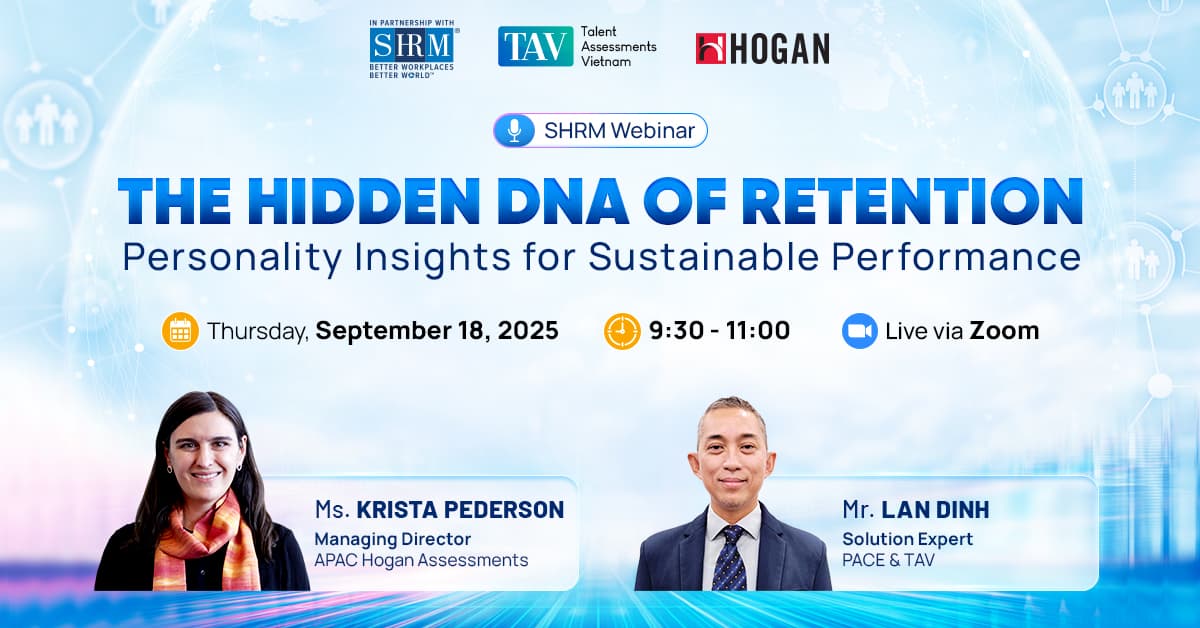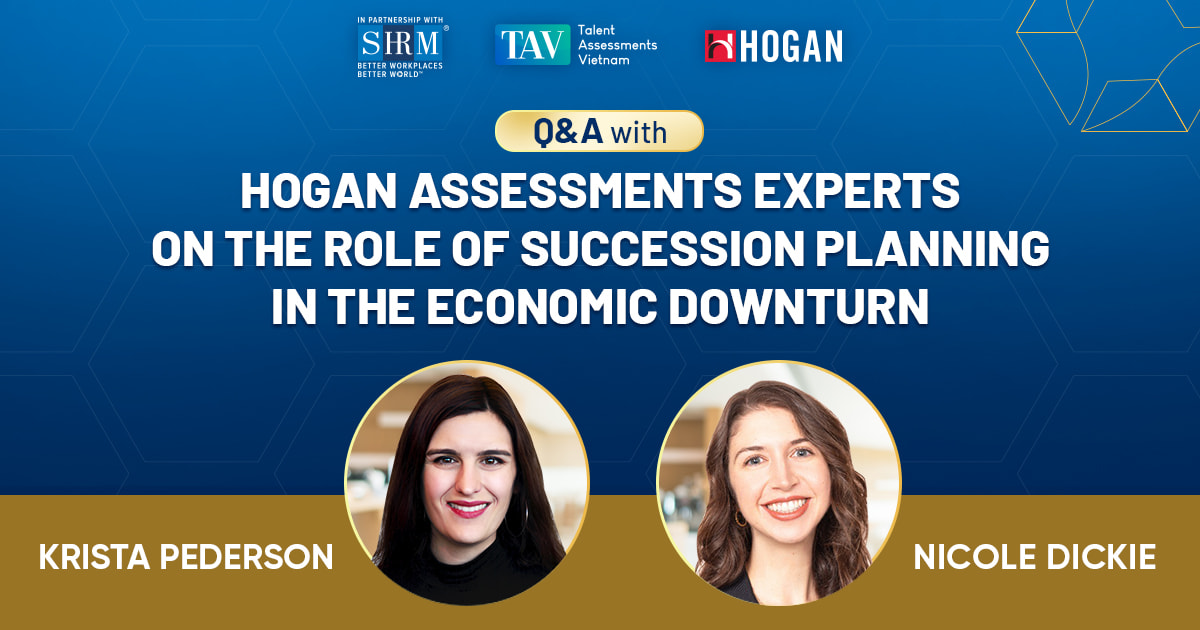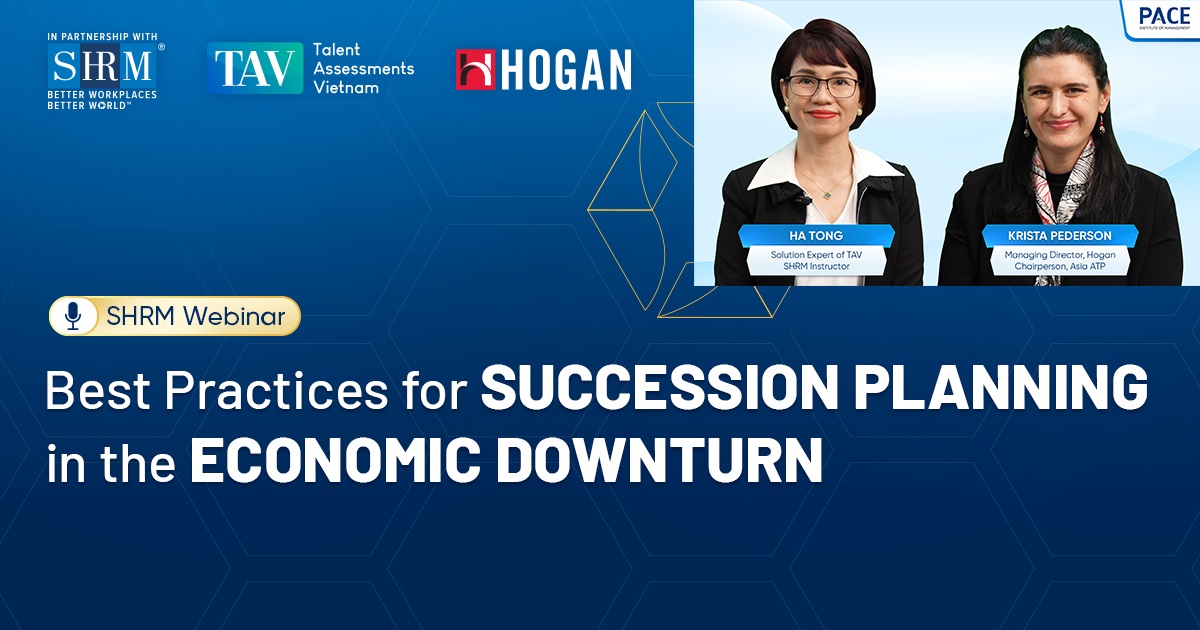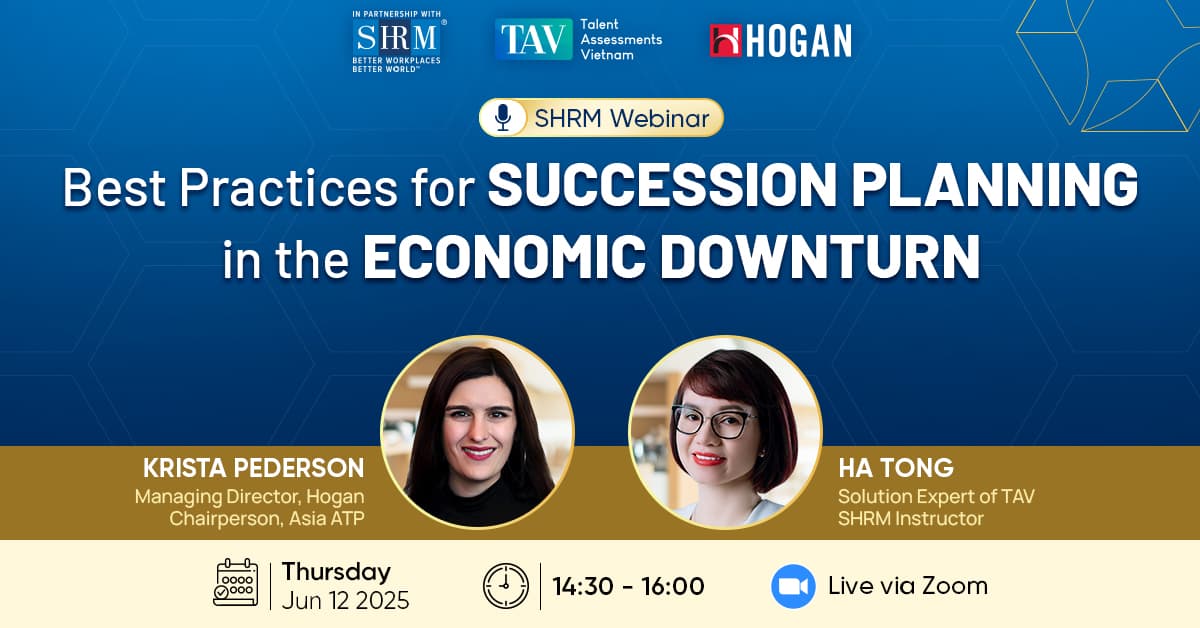4 SIGNIFICANT RECRUITING AND RETENTION ISSUES FOR 2019
If you're an HR professional in a growing company, your skills matter now more than ever.
Unemployment has reached record lows, and recruiters are finding it difficult to get candidates to consider their open positions. Moreover, companies are struggling to keep current employees from jumping ship for better offers.
Here are the five most significant recruiting and retention issues HR will face this year, according to a range of industry experts.
1. Company culture depends on corporate communication
Corporate communication and company culture go hand in hand. A company that fails to effectively communicate goals, expectations and impending changes to current and future employees can undermine its own effort to improve the quality and productivity of both individual employees and teams. Poor communication can ruin employee morale and create a toxic work culture that can leach into customer interaction. Companies where this occurs will lose customers and eventually fail.
"The larger the organization, the larger the potential problem," said Mark Lewis, co-founder and CEO of HelloCecil, an automated video-interviewing software provider in Newport Beach, Calif. "An organization is always well-served to invest time and money on training programs and workshops that elevate verbal and writing skills, presentations, listening skills, dispute resolution skills, and [the ability to] provide and accept feedback; systems for addressing complaints or dissatisfaction; and the like."
2. Time management is imperative
Recruiters and HR generalists are responsible for finding and hiring the right people, screening resumes, scheduling interviews, documenting feedback and writing offer letters, training new hires and reinforcing the organization's culture. Time management is a top priority.
The problem, said Trent Bryson, adjunct professor of human resources at Long Beach State University, is that the HR staff typically is mired in everyday tasks and can't carry the banner of the company's brand or focus on big-picture items.
"HR professionals wear so many hats that they do not have the time to focus on company culture, strategic initiatives and supporting future plans," said Bryson. "Instead they get stuck doing payroll, basic office management and reactive tasks."
HR analyst Laura Handrick agreed: "HR is about people, and HR staff need to focus on improving people's performance, not managing paperwork and building PowerPoint [presentations]." Handrick works at FitSmallBusiness in New York City, an online resource devoted to helping small-business owners.
If there's any time at the end of the day, HR staff may want to work on bigger initiatives that will have a lasting impact, such as finding ways to hire more high-performers and improve company morale by, for example, offering competitive salaries, workplace benefits, free food, staff outings and more.
"Reduction of manual HR processes provides lots of promising opportunities for HR professionals. Automation and digitization will free HR leaders to do more strategic work, like workforce planning, coaching and talent management-related activities," said Chris Groscurth of Slalom Consulting, a business and technology consulting firm headquartered in Seattle.
3. Leadership support is crucial
Achieving strategic initiatives is difficult when there's no budget for them. This is when leadership investment becomes critical. HR needs a champion in the C-suite to get the buy-in to achieve talent acquisition and retention goals. Such initiatives can help reduce the number of dissatisfied employees, which lowers turnover and saves the company money.
HR professionals should seek a champion among vice presidents and in the C-suite to help them push their initiatives through the higher levels of the company. They should also work closely with senior leaders and educate them on the companywide problems that HR can help solve.

4. Avoid hiring the wrong people
It happens: You've hired the wrong person. Now you've noticed a definite decline in the mood and satisfaction of the employees who work with the new hire. You're reminded why the business adage "hire slow and fire fast" is so important.
When you realize you've hired the wrong person, remove him or her before too much damage is done.
"It's the most difficult decision to make, but letting people go at the right time is the best you can do for all stakeholders, [new hire] included. Trying to make [a negative relationship] survive is not the right thing to do," said Emna Everard, founder and CEO of Kazidomi, a health and beauty product e-commerce business based in Europe.
SOURCE: SHRM.ORG
|
Training Program
Internationalize the human resource management capabilities of HR professionals in Vietnam Opening Date: March 21, 2019 in Hanoi
|








